Bing: Three months later…
Microsoft’s Bing search engine hits its three month anniversary, but has it been the catalyst for a change in its parent company’s fortunes in the lucrative search market?
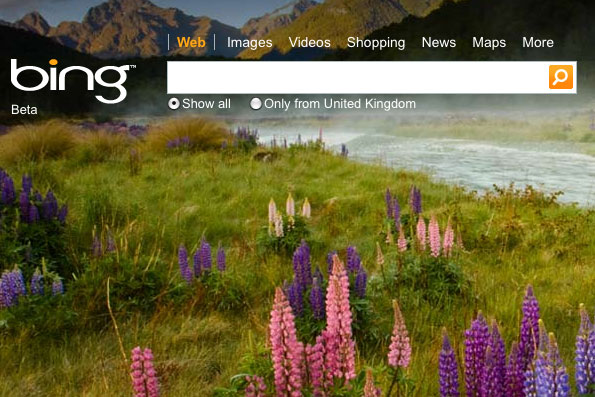
But in the US alone, Bing had eaten up 11.1 per cent of search results pages according to comScore numbers. That, temporarily, knocked Yahoo into third.
However, after the initial boost, the bigger question was posed: when things had settled down, how then would Bing fare?
Appreciating that its numbers dropped once the novelty of week one was over, Bing has then managed to keep growing its market share. comScore numbers suggest that Bing's market share rose in both June and July, and currently sits at 8.9 per cent.
This is up from the eight per cent of the market Microsoft held prior to Bing's launch. Both Google and Yahoo have lost a small amount of market share to Bing over the last month, with Yahoo in particular being hit.
The Yahoo deal
Yet on top of all of that, Microsoft has also scored something of a coup that would have seemed impossible 18 months ago, with the deal it has now inked with Yahoo. For, in a ten-year agreement, Microsoft is to provide search technologies to Yahoo, in a move that sees the latter once the market leader exiting the search business altogether.
The move is still set to get through regulatory approval, but going back to that proposed $50 billion merger, Microsoft has managed without spending anywhere near that amount to usurp Yahoo from second place in the search market, and to close the gap on Google. Plus there's a lot of spare change still sloshing around the Microsoft bank account...
Sign up today and you will receive a free copy of our Future Focus 2025 report - the leading guidance on AI, cybersecurity and other IT challenges as per 700+ senior executives
A fresh challenge, however, is just around the corner. Google has not been taking the threat of Bing lightly, and as such has now announced the next generation of its own search engine.
Currently codenamed Caffeine, this poses a major threat to the inroads that Bing has thus far been making. Caffeine promises to double search speeds, while introducing news feeds and real-time results, the latter of which will put current news developments and such like higher up search results screens.
And in contrast to the multi-million dollar launch for Bing, Google is quietly sliding Caffeine quietly into place with little fanfare, yet potentially yanking the rug from underneath Bing nonetheless.
Stronger
Microsoft has certainly done its position in the search market no harm with the launch of Bing, and even though it's had to spend a lot of money to get it so richly exposed, it's nonetheless given its market share a lift, done a little damage to Google, and had a strategic pay-off with its Yahoo deal.
But the broader questions are still being asked. Because the problem Bing faces is that it's an alternative to something not many people are seeking another option for. For the vast bulk of internet searchers, Google works, and works well.
What's more, it's advertising model is both established and effective, and it's going to take more than some nibbling away at its market numbers to cause the kind of change in search behaviour that Microsoft is looking for.
However, it's been a solid first three months for Bing, the highlight of which and the move that undoubtedly gives it the most chips at the table is the union with Yahoo. This alone has taken a major competitor out of the market, and left Bing with a clear run at Google and its dominance of the market.
But with Caffeine set to nullify many, if not all, of the distinctions of Bing, the major challenge very clearly lies ahead.
-
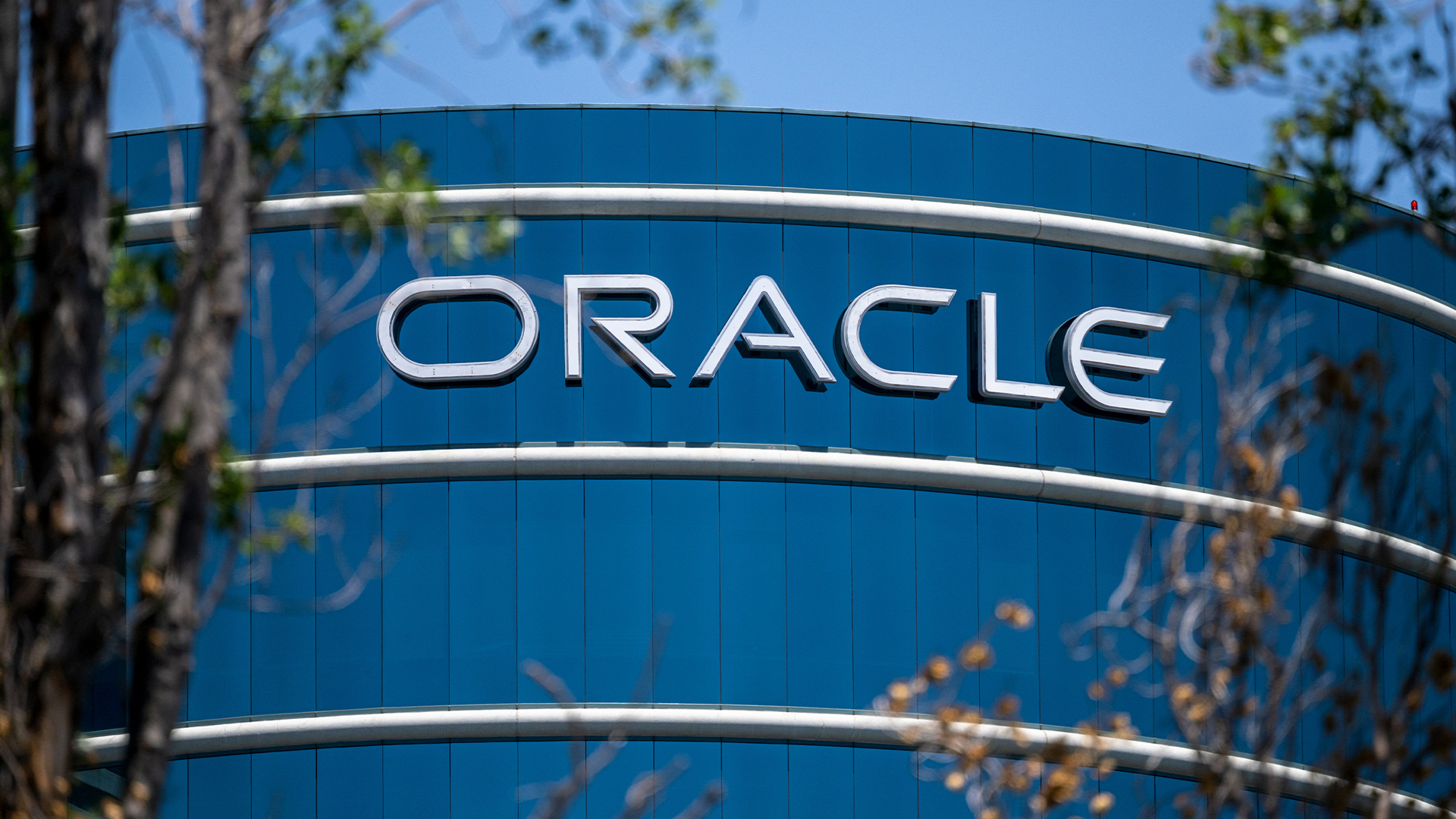 Oracle's huge AI spending has some investors worried
Oracle's huge AI spending has some investors worriedNews Oracle says in quarterly results call that it will spend $15bn more than expected next quarter
-
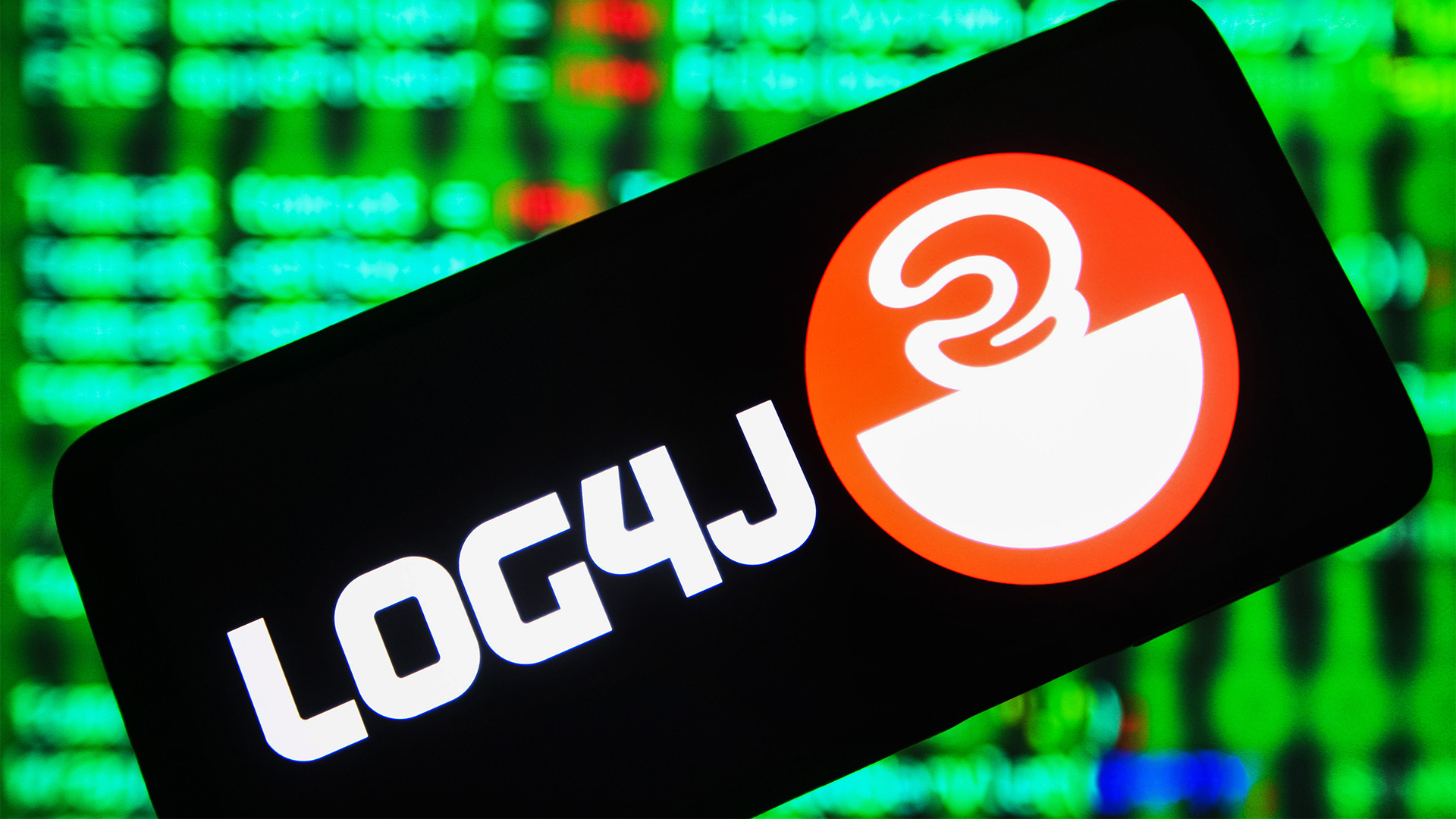 A concerning number of Log4j downloads are still vulnerable four years on
A concerning number of Log4j downloads are still vulnerable four years onNews Despite safe Log4j versions having been available for years, many organizations haven't introduced them
-
 Bing’s problem isn’t its lack of appeal… it’s Google’s aggressive market tactics
Bing’s problem isn’t its lack of appeal… it’s Google’s aggressive market tacticsOpinion The search engine claims it’s been hamstrung by Google’s dominance in the search space. Does it have a point?
-
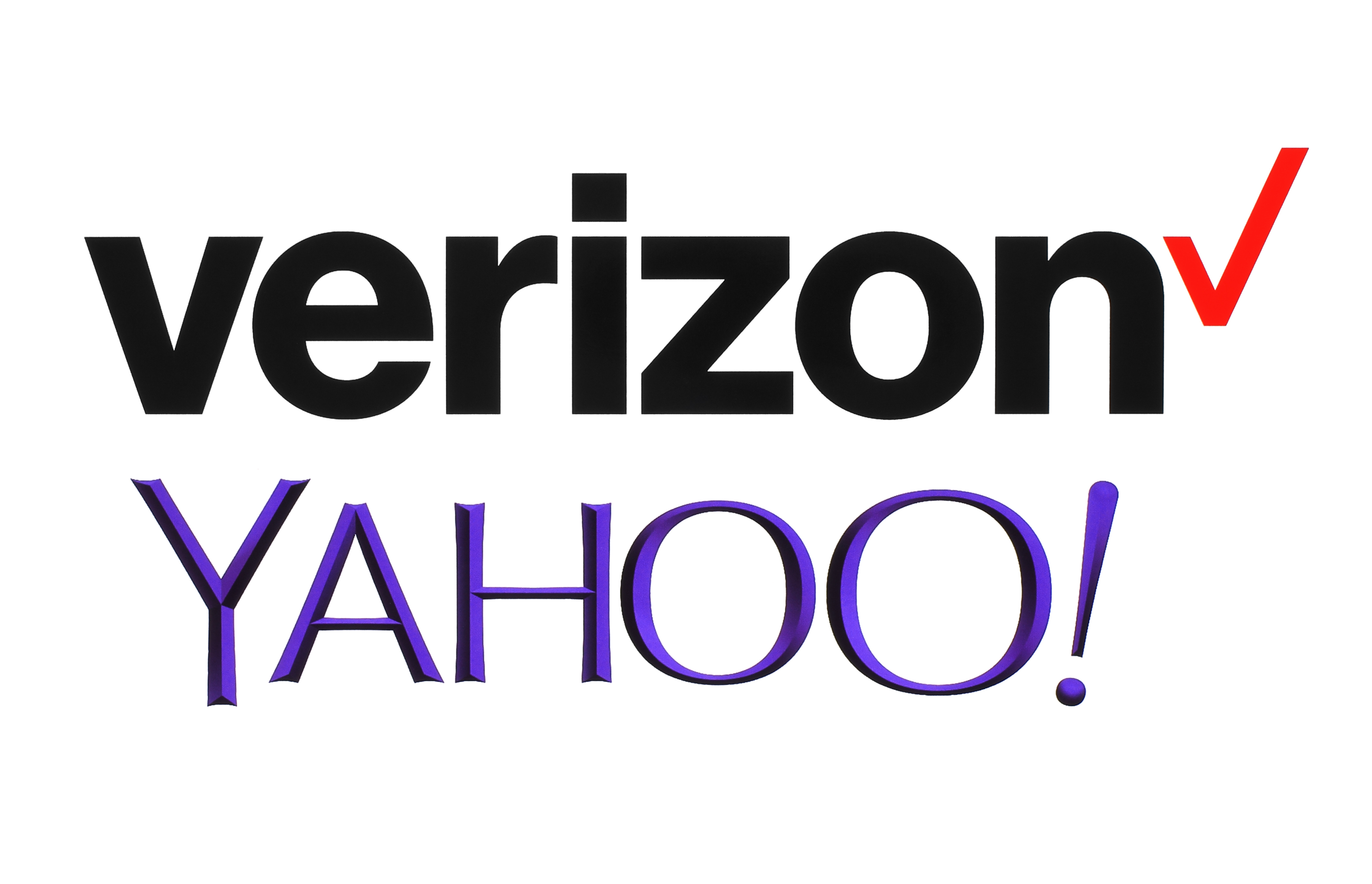 Verizon loses billions in Yahoo and AOL sale
Verizon loses billions in Yahoo and AOL saleNews The deal marks the end of Verizon’s attempts to break into the digital content business
-
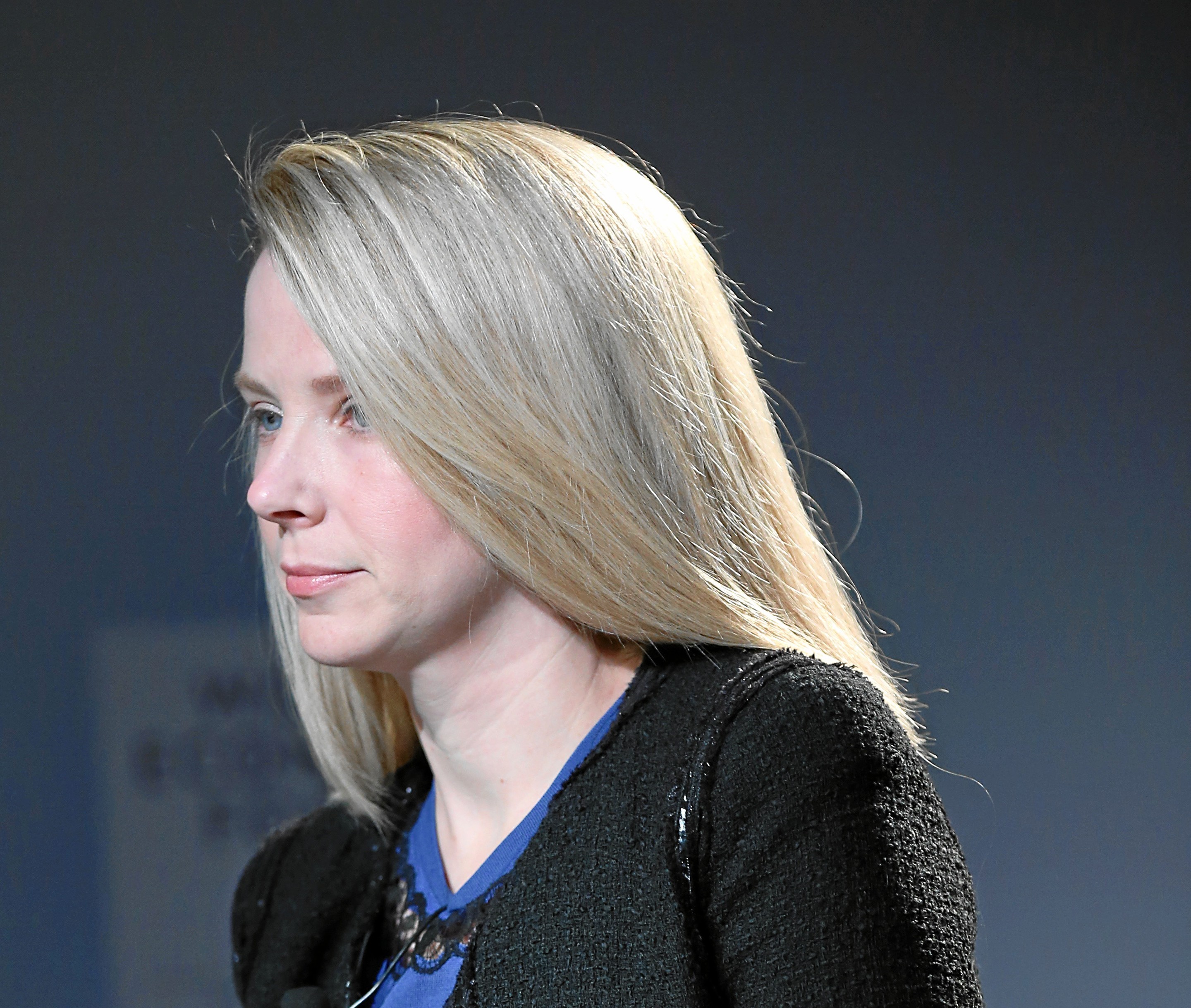 Ex-Yahoo and Equifax CEOs to testify before Senate over data breaches
Ex-Yahoo and Equifax CEOs to testify before Senate over data breachesNews Hearing will determine what more could have been done to prevent the hacks
-
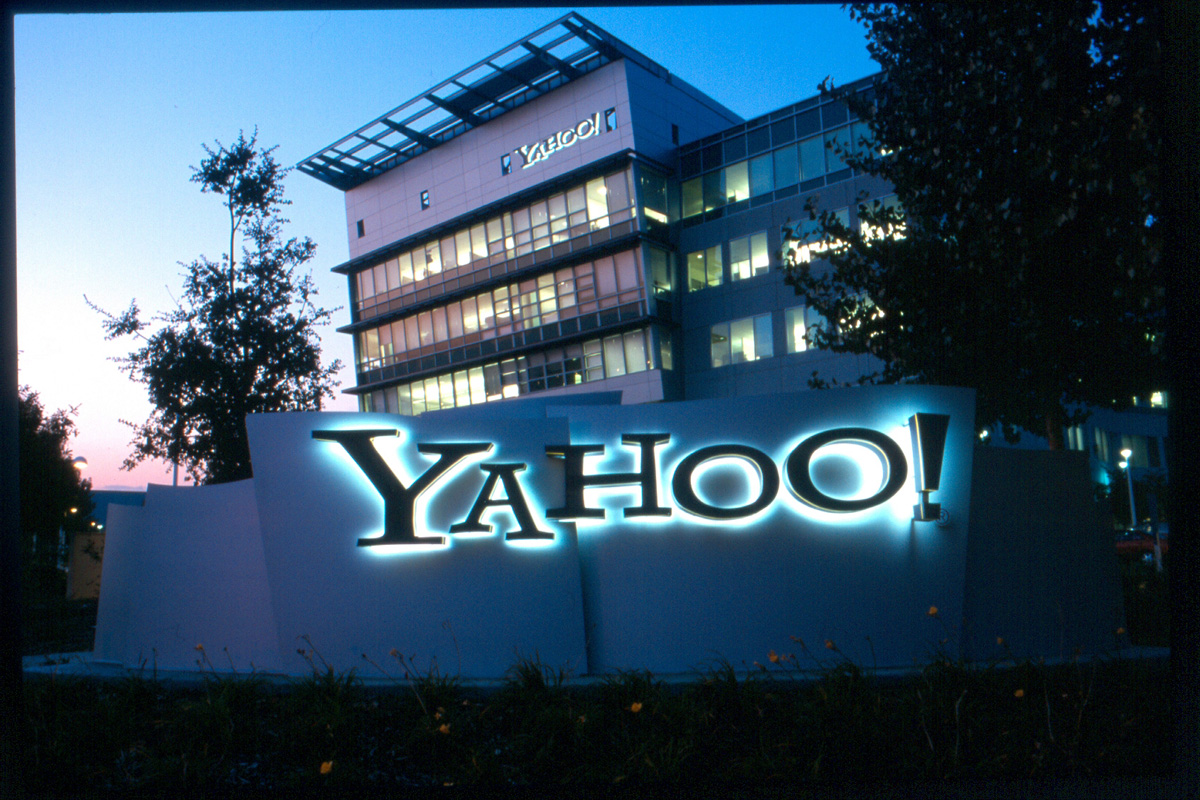 US judge rules that Yahoo must face litigation by data breach customers
US judge rules that Yahoo must face litigation by data breach customersNews Yahoo customers could have protected themselves if it hadn't taken so long to notify them of the breach
-
 Verizon completes acquisition of Yahoo as Mayer quits
Verizon completes acquisition of Yahoo as Mayer quitsNews CEO Marissa Mayer leaves Yahoo, whose brands will now be part of Oath
-
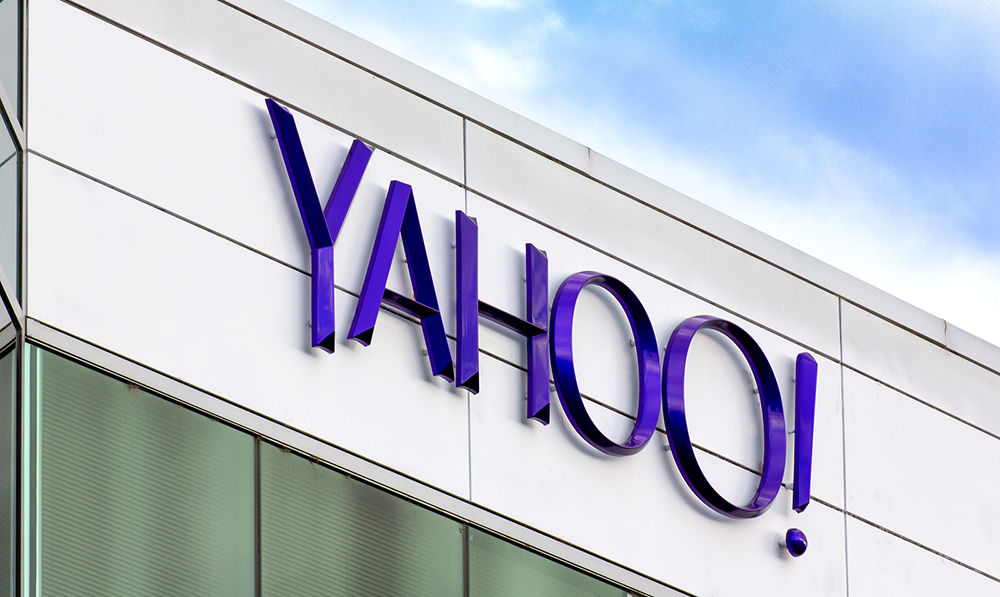 Yahoo/Verizon deal agreed as 2,100 employees face the axe
Yahoo/Verizon deal agreed as 2,100 employees face the axeNews The deal will now see CEO Marissa Mayer depart with $264 million
-
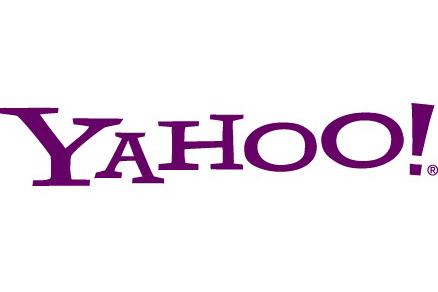 Verizon Yahoo acquisition expected to close in June
Verizon Yahoo acquisition expected to close in JuneNews CEO Mayer confirms expected closing date
-
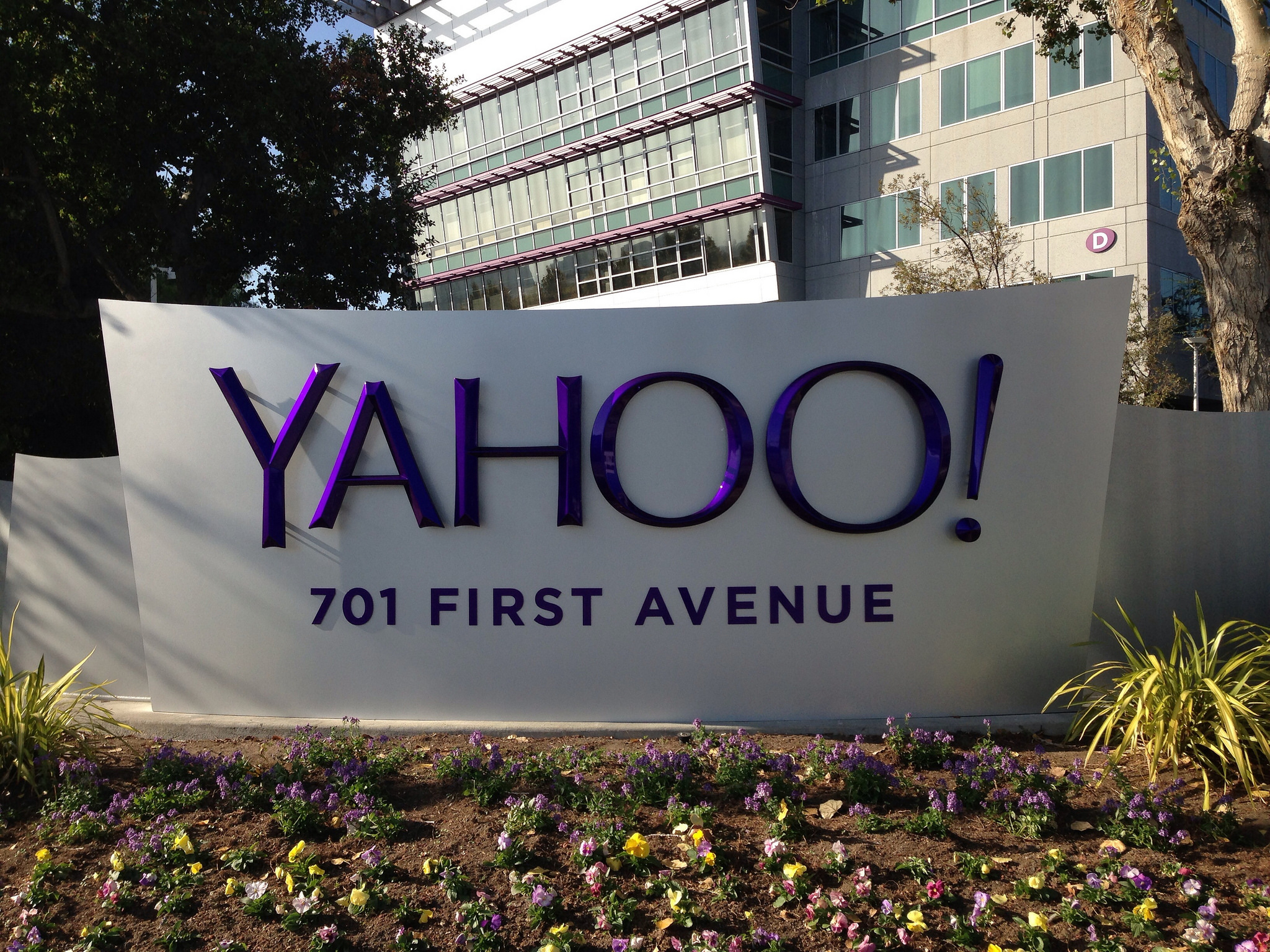 Verizon 'will pay $5 billion for Yahoo'
Verizon 'will pay $5 billion for Yahoo'News Fading search giant will feed Verizon's hunger for customer data